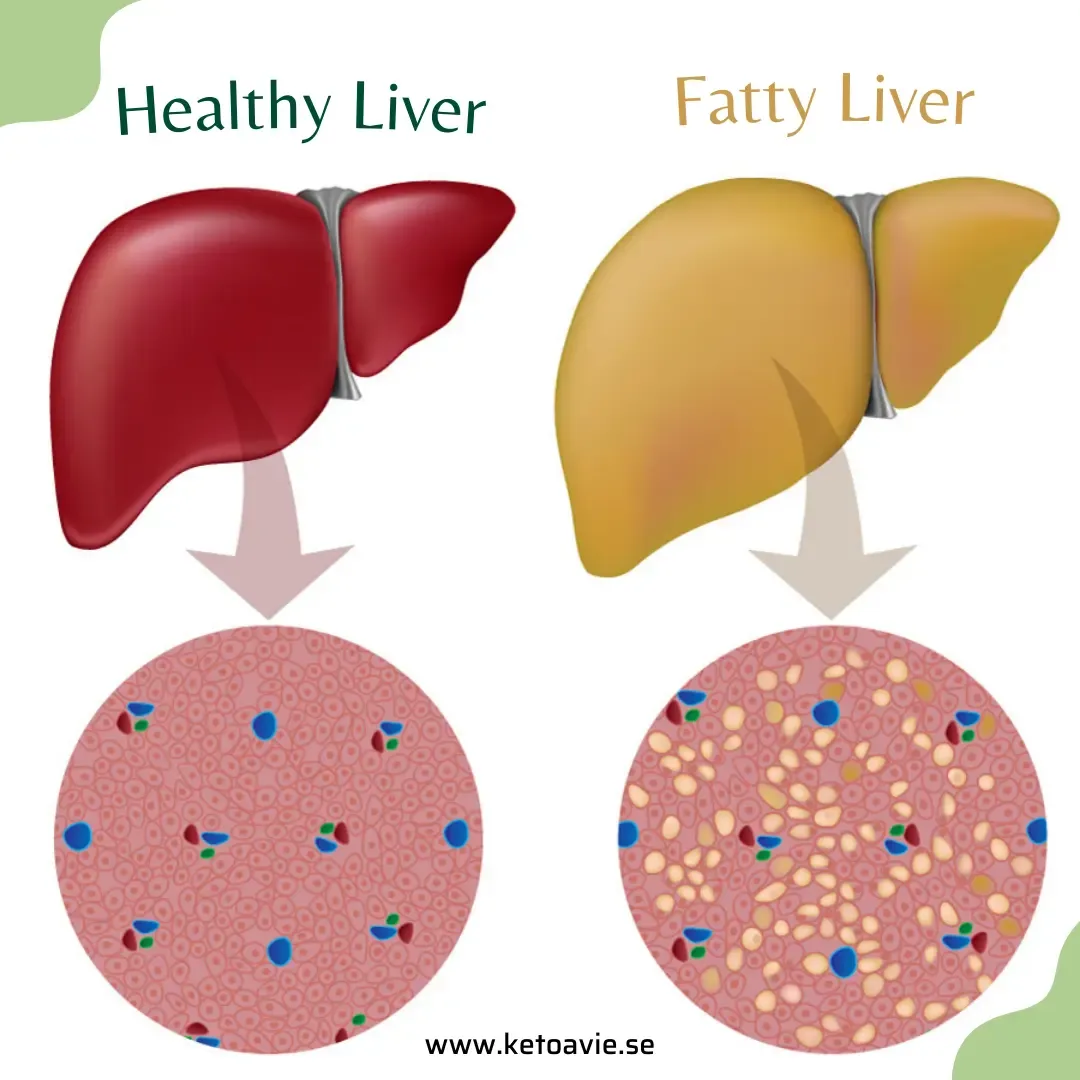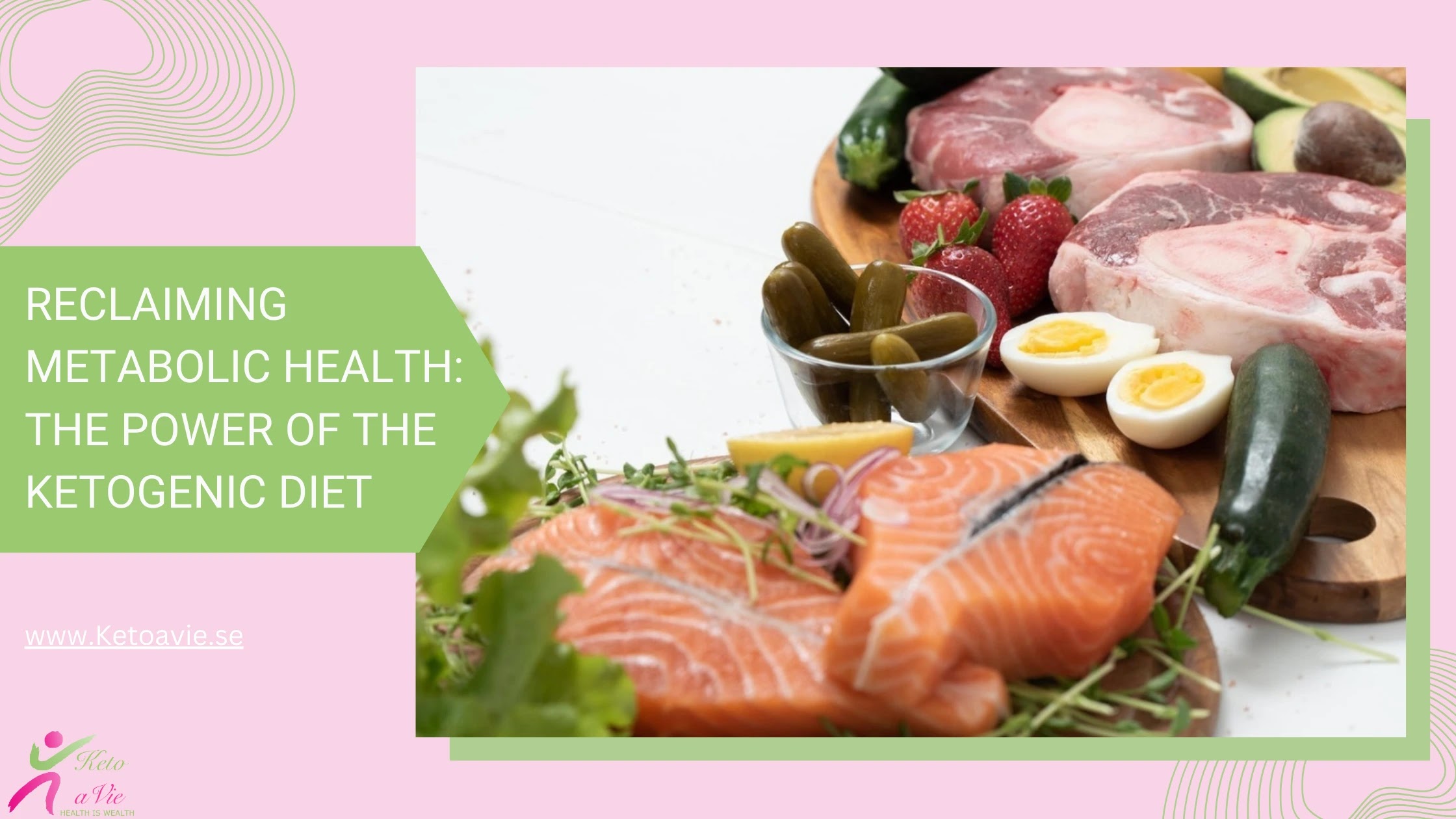Fatty Liver Facts: What You Should Know for a Healthier You
Understanding Fatty Liver: The Silent Intruder in Your Body
The Stealthy Progression of Fatty Liver
Fatty liver is tricky—it doesn’t cause noticeable symptoms in its early stages. It’s often discovered during routine blood tests or imaging studies. However, as it progresses, it can lead to inflammation (steatohepatitis) and scarring (fibrosis). In severe cases, this can result in cirrhosis, where the liver’s ability to function is significantly impaired.
Some symptoms that may develop as the condition worsens include:
- Discomfort in the upper right abdomen, shoulder, or back (due to liver enlargement or inflammation).
- Fatigue or general malaise.
- Hormonal imbalances, leading to increased levels of cortisol (the stress hormone) or estrogen.
- Difficulty in absorbing fat-soluble vitamins like A, D, E, and K, as well as omega-3 fatty acids.
When the liver’s detoxification ability is compromised, toxins accumulate, further exacerbating symptoms and affecting overall health.
The Sugar Trap: Fructose and Fatty Liver
A major culprit in fatty liver is fructose, particularly in the form of high fructose corn syrup (HFCS) found in processed foods and sugary drinks. Fructose is metabolized almost exclusively by the liver, making it far more likely to contribute to fat buildup compared to other sugars. Some studies suggest that fructose is up to 20 times more likely to cause fatty liver than glucose.
Reclaiming Liver Health: Practical Steps to Combat Fatty Liver
Reversing fatty liver is possible, and the key lies in targeted lifestyle changes:
1. Adopt a Nutrient-Dense Diet:
- Incorporate foods rich in methionine and choline, such as egg yolks, grass-fed fish, broccoli, and other cruciferous vegetables. These nutrients help reduce fat accumulation in the liver.
- Opt for healthy fats like those found in avocados, olive oil, and fatty fish.
- Avoid foods high in fructose, refined sugars, and processed carbohydrates.
2. Embrace a Ketogenic Diet and Intermittent Fasting:
- A ketogenic diet, low in carbohydrates and high in healthy fats, helps reduce fat deposits in the liver and improve insulin sensitivity.
- Intermittent fasting promotes fat metabolism, allowing the liver to shed its excess fat stores.
3. Limit Alcohol Consumption:
- If you have AFLD, reducing or eliminating alcohol is essential to halt further liver damage.
4. Exercise Regularly:
- Physical activity, particularly strength training and aerobic exercises, helps reduce liver fat and improve overall metabolic health.
5. Manage Weight:
- Gradual weight loss can significantly improve liver function, but rapid weight loss should be avoided as it may worsen liver stress.
Understanding Fatty Liver: Common Questions Answered
Q: What are the 3 signs of a fatty liver?
A: Fatty liver might not exhibit prominent signs in its early stages. However, as it progresses, notable indicators include discomfort in the right shoulder or upper right back, headaches on the right side of the head, and fatigue.
Q: How do you fix a fatty liver?
A: Lifestyle changes are key. A diet rich in methionine and choline found in foods high in fat and protein can help correct or reverse fatty liver. Adopting a ketogenic diet, intermittent fasting, regular exercise, and maintaining a healthy weight can aid in managing and even reversing fatty liver.
Q: Can fatty liver be cured?
A: While there's no specific cure, fatty liver can be effectively managed and, in some cases, reversed through lifestyle adjustments, particularly dietary changes and exercise.
Q: What foods cause fatty liver?
A: High-fructose foods, especially in the form of high fructose corn syrup, contribute significantly to fatty liver. Additionally, an excessive intake of sugary foods, refined carbohydrates, and unhealthy fats can also exacerbate this condition.
Q: What is Non-Alcoholic Fatty Liver Disease (NAFLD), and what causes it?
A: NAFLD occurs due to an excessive accumulation of fat in liver cells. Contrary to its name, it's not caused by alcohol intake. Factors like obesity, insulin resistance, high cholesterol, and diabetes contribute to NAFLD.
Q: What's the difference between NAFLD and Alcoholic Fatty Liver Disease (AFLD)?
A: NAFLD isn't alcohol-related but is linked to lifestyle factors. AFLD is directly caused by excessive alcohol consumption, leading to fat buildup in liver cells.
Q: Are there noticeable symptoms of fatty liver in its early stages?
A: Fatty liver might not cause visible symptoms in its early stages. However, as it progresses, discomfort in the right shoulder or upper right back, along with headaches on the right side of the head, might occur.
Q: How does fructose impact fatty liver?
A: Fructose (*), especially in the form of high fructose corn syrup, significantly contributes to fatty liver. It's about 20 times more likely to cause this condition than other sugars.
Q: Can fatty liver be reversed or managed?
A: Yes, lifestyle changes play a crucial role. A diet rich in methionine and choline found in fatty and protein-rich foods can potentially reverse fatty liver. Adopting a ketogenic diet, intermittent fasting, regular exercise, and maintaining a healthy weight can aid in managing and even reversing fatty liver.
Q: What dietary choices promote optimal liver health?
A: Foods like cruciferous veggies, healthy fats from sources like egg yolks and grass-fed fish, and adopting a ketogenic diet can support liver health.
Related Articles:
📲 Ready to Go Deeper? Your Next Step Starts Here
Whether you're dealing with insulin resistance, stubborn weight, hormonal imbalances, or low energy, I’m here to help you create a clear, personalized path forward. Together, we can rebalance your hormones and restore your energy, clarity, and confidence.
🔥 Try My 7-Day Keto & Intermittent Fasting Trial
This structured mini-program is designed to help you kickstart fat burning, reduce sugar cravings, and stabilize your blood sugar naturally.
Here’s what you’ll get:
✅ A simple, easy-to-follow 7-day meal plan
✅ Practical fasting tips that work for real life
✅ Daily guidance to stay in ketosis
✅ Personalized support & progress tracking
👉 Click here to start your 7-Day Keto Trial and take the first step toward sustainable healing and transformation.
📘 Your Practical Guide to Insulin Resistance & Hormonal Balance
Struggling with energy crashes, period problems, or weight that won’t budge?
I created a comprehensive digital guide just for you—especially if you're a woman dealing with metabolic dysfunction or estrogen dominance.
What’s inside:
✔️ A fully structured 30-day plan
✔️ Food, mood & digestion tracking sheets
✔️ Weekly meal plans and keto shopping lists
✔️ Exclusive educational videos
✔️ Tools to overcome keto flu and stay motivated
🛒 Get your copy now or find it through my bio on Instagram: @ketoavie
🎯 Real change starts with one small step—this is yours.
Let’s take it together.
💌 Contact: info@ketoavie.se
🌐 Website: www.ketoavie.se
📲 Instagram: @ketoavie
📘 Facebook: Ketoavie
🛒 My Favorite Wellness Picks
💚 Save on supplements: Use iHerb code DWN2454 at checkout
🛍️ Browse my top products: Amazon Favorites
Stay tuned for more insights and tips on how to maximize your keto journey and achieve lasting health results!




Comments
Post a Comment